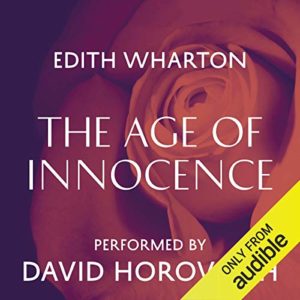 The Age of Innocence by Edith Wharton
The Age of Innocence by Edith Wharton Narrator: David Horovitch
Published by BBC Audiobooks on July 13, 2010
Genres: Classic, Historical Fiction
Length: 12 hours 5 minutes
Format: Audio, Audiobook
Source: Audible
Buy on Amazon, Buy on Bookshop
This post contains affiliate links you can use to purchase the book. If you buy the book using that link, I will receive a small commission from the sale.
Goodreads
In the exclusive world of upper-class New York, Newland Archer anticipates his marriage to May Welland, a beautiful young girl from a suitable family "who knows nothing and expects everything.: Into this well-ordered community May's cousin, the captivating and exotic Countess Olenska, arrives.
Many years ago when I was in undergrad, I watched Martin Scorsese’s film based on this novel. I remember I was still in college because I took a course called American Realism and Naturalism, and we read another of Wharton’s novels, Summer. I remember being excited to read the book because I had loved The Age of Innocence so much, but I didn’t enjoy Summer very much. Later, I read Ethan Frome and enjoyed that book quite a lot. I am not sure why I haven’t read The Age of Innocence until now. I tried to pick it up a few years ago, but I’m not sure I was in the right frame of mind. In any case, I finally decided to read it since Audible offered it for free with my membership. I must say that the film is quite faithful to the book. Perhaps that is why I waited so long to read the book—I had heard the movie was a faithful rendition of the story. The differences between the book and the film are minor; perhaps the largest difference is that Ellen Olenska has dark hair, while Michelle Pfeiffer is blond, and May Welland is blond, while Winona Ryder has dark hair. Other than that, the film is entirely faithful to the book in all but the most minor details… except for one critical detail. Newland Archer is a dick.
Daniel Day-Lewis manages to make the viewer care for and empathize with Newland Archer. The novel’s Newland Archer is selfish. He becomes engaged to a vapid society girl, congratulating himself on the notion that she’ll never surprise him and always know the right thing to say. Meanwhile, he falls in love with May’s cousin Ellen, if you could call it love, because I’d contend he only ever fell in love with an idealized version of the person he thought Ellen was. Idealization is powerful; the real person can never live up to the perfect dream concocted in the mind. I think Newland realizes that by the end of the book, too. I’m not sure he ever realizes how he has mistreated two women. If he was in love with Ellen before he married May, then he never should have married May. Once he married May, he should have stopped playing around with Ellen’s heart. To me, May is the most innocent party in the whole affair. I don’t think she was as dumb as Archer thought, either. I think she was just satisfied with their life. Newland secretly was, too, or else he would have found a way to do what he thought was going to make him happy.
When I saw the film, I felt frustrated with Newland for not going upstairs to see Ellen again at the end. After reading the book, I have a much greater understanding as to why he didn’t. He never had the courage of his convictions, not really. Ellen did. You might even argue that May did, to an extent. But Newland was afraid to really live and to really love, so he spent his life instead of saving it, to paraphrase one of his own sayings.
In spite of Newland’s maddening behavior, I loved the book, as I suspected I would. Edith Wharton captures Gilded Age New York like only a critical insider could possibly capture it. In her hands, Old New York society feels as perilous as any literary monster. It devours its own, and if one could personify it, it might be one of the more compelling and frightening villains in literature.
 Villette by
Villette by 
 Keep Moving: Notes on Loss, Creativity, and Change by
Keep Moving: Notes on Loss, Creativity, and Change by 
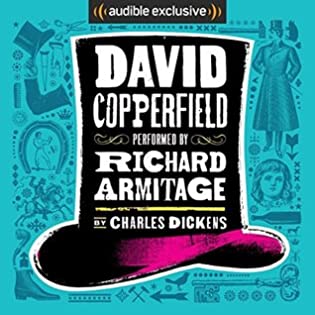 David Copperfield by
David Copperfield by 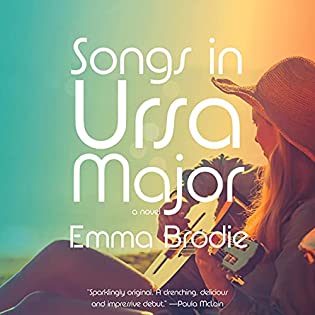 Songs in Ursa Major by
Songs in Ursa Major by 
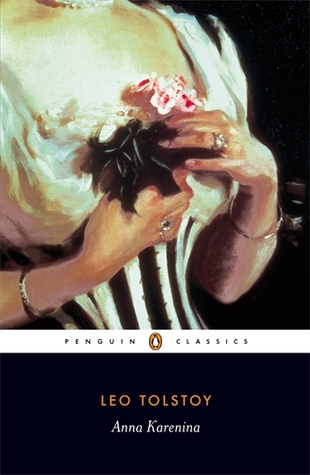 Anna Karenina by
Anna Karenina by 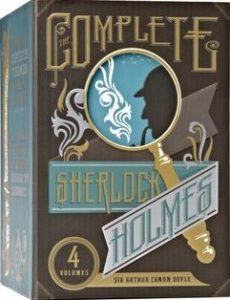 The Complete Sherlock Holmes by
The Complete Sherlock Holmes by 
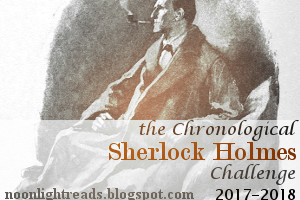
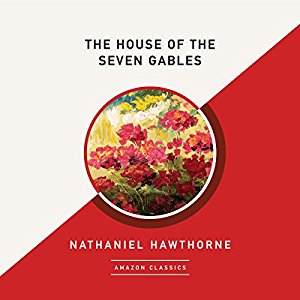 The House of the Seven Gables by
The House of the Seven Gables by 
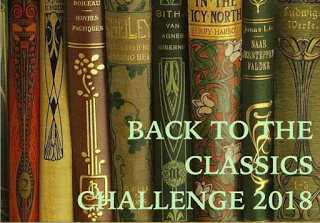
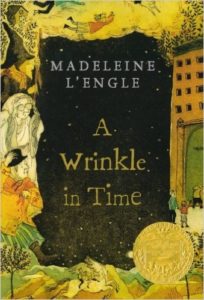 A Wrinkle in Time (Time Quintet, #1) by
A Wrinkle in Time (Time Quintet, #1) by 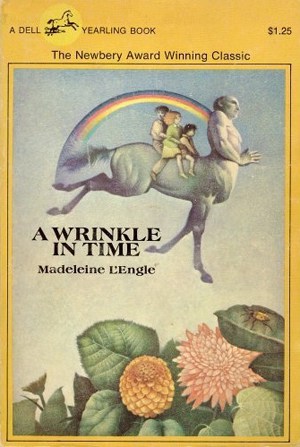
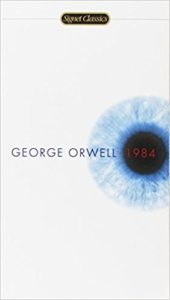 1984 by
1984 by 
 Tess of the D'Urbervilles by
Tess of the D'Urbervilles by 